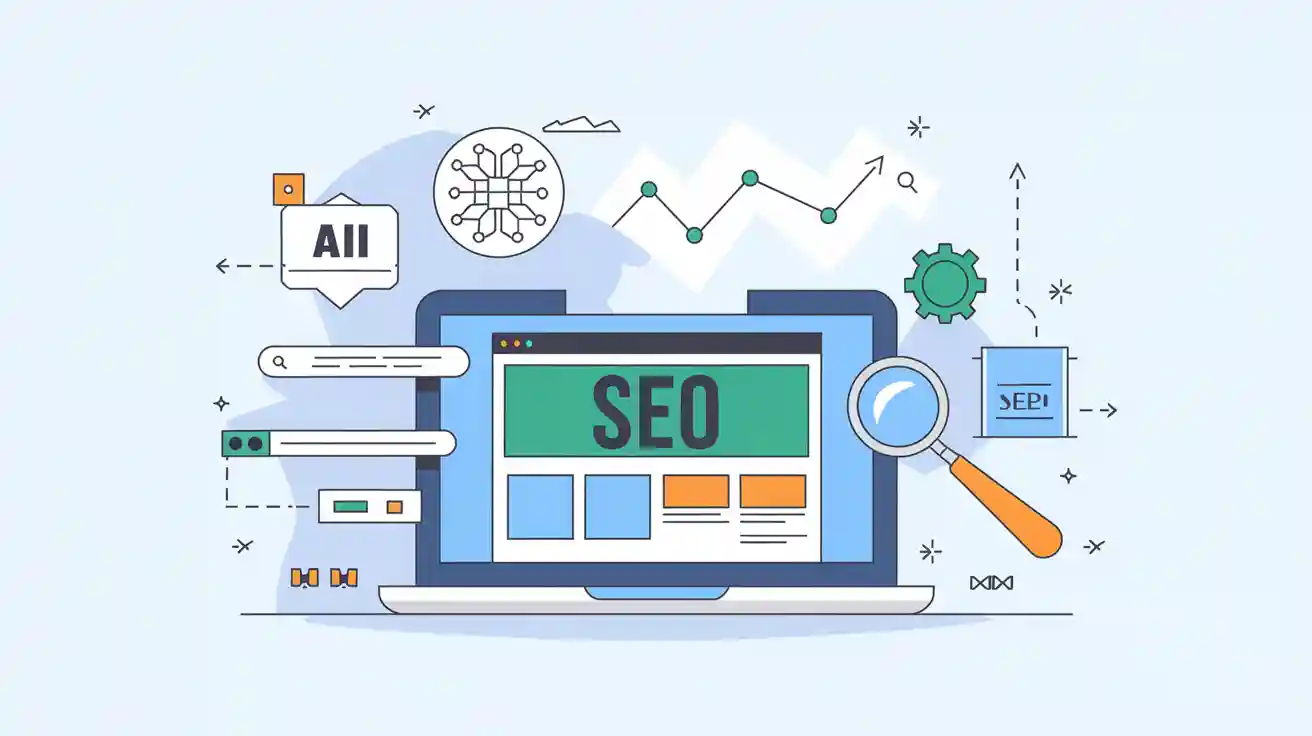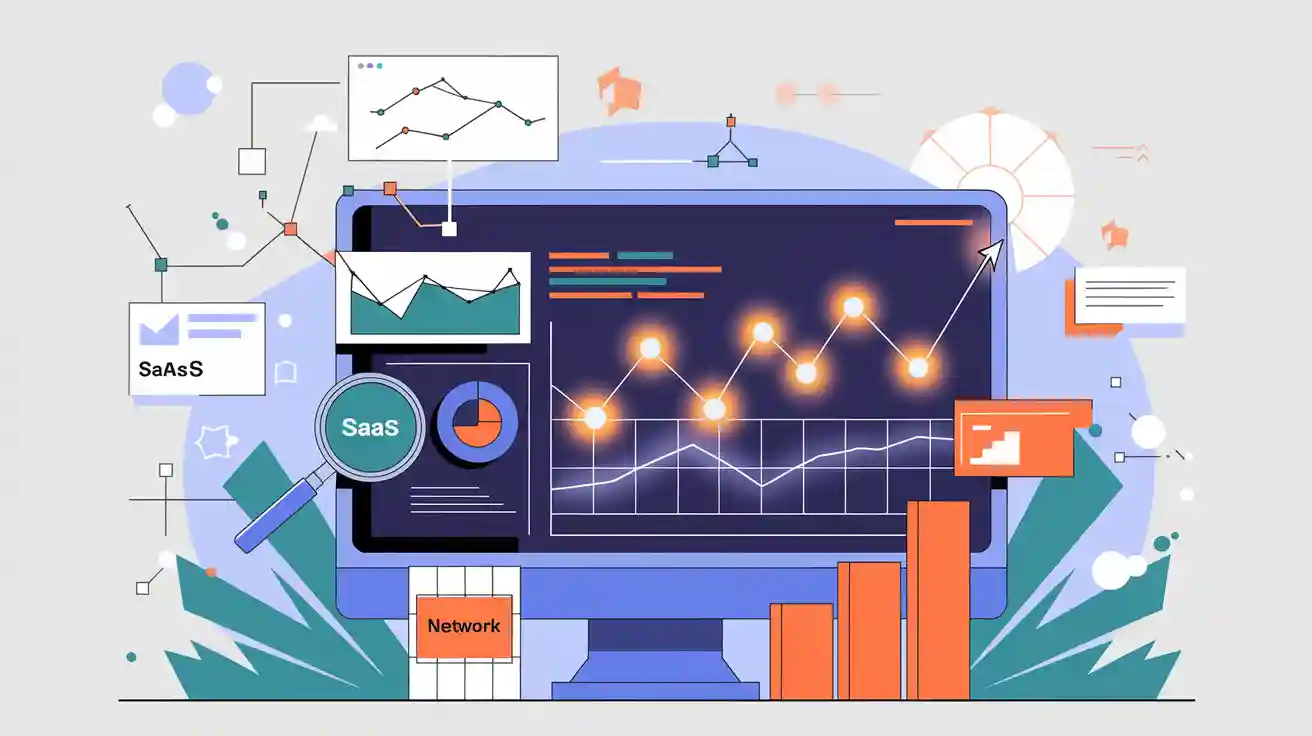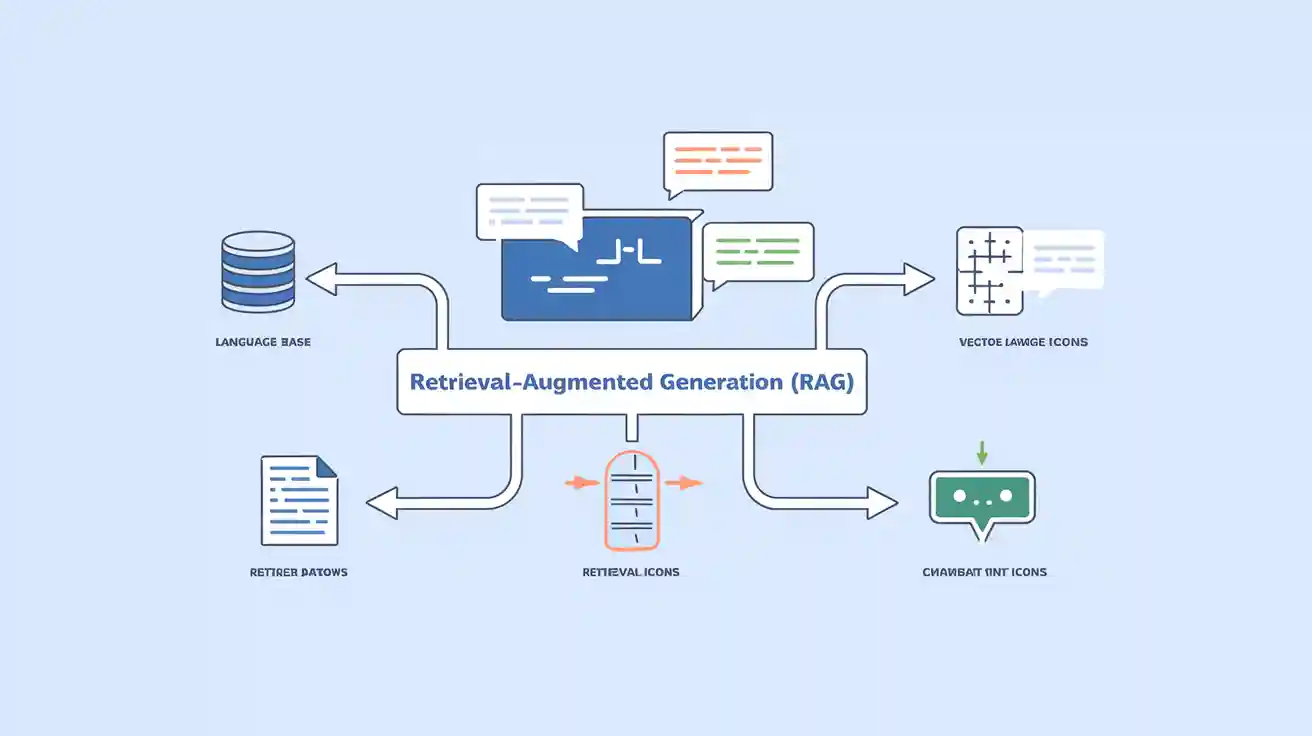What is SEO? Search Engine Optimization Definition, Key Components & AI Trends
Discover what Search Engine Optimization (SEO) means, its core components, and how SEO is evolving with AI-driven search. Learn the differences between SEO, AEO, and GEO, and see real-world applications for brands and businesses. Updated for the era of AI search optimization.

One-Sentence Definition
Search Engine Optimization (SEO) is the process of improving a website’s visibility and ranking in search engine results pages (SERPs) by optimizing content, structure, and technical elements to attract more organic (unpaid) traffic.[Wikipedia]
Detailed Explanation
SEO helps search engines like Google, Bing, and AI-driven platforms understand your website’s content and connect it with users searching for relevant information. The goal is to appear at the top of search results for keywords that matter to your audience, driving qualified traffic and increasing brand visibility. As search technology evolves, SEO now also includes optimizing for AI-powered answer engines and generative search platforms, not just traditional web search.[Search Engine Land]
Key Components of SEO
SEO is a multi-faceted discipline, typically broken down into the following core areas:
Keyword Research: Identifying the terms and phrases your target audience uses to search for information.
Content Quality & Relevance: Creating original, valuable, and well-structured content that matches user intent.
On-Page Optimization: Optimizing page titles, meta descriptions, headers, images, and internal links for both users and search engines.
Technical SEO: Ensuring your website is crawlable, fast, mobile-friendly, secure (HTTPS), and uses structured data (schema markup).
Link Building: Acquiring high-quality backlinks from reputable websites to boost authority and trust.
User Experience (UX): Enhancing site navigation, readability, and engagement to reduce bounce rates and improve satisfaction.
Continuous Monitoring: Using analytics tools to track performance, identify issues, and iterate on strategies.
Visual Aid: For a typical SEO process flow, see this SEO process diagram.
Real-World Applications
SEO is essential for brands, businesses, and content creators aiming to increase online visibility, attract new customers, and build authority. For example:
E-commerce: Optimizing product pages to rank for purchase-intent keywords.
Content Marketing: Publishing high-quality articles that answer user questions and earn backlinks.
Local Businesses: Using local SEO tactics to appear in map results and “near me” searches.
AI Search Optimization: Adapting content for AI-driven answer engines (like Google AI Overviews, ChatGPT, and Perplexity) to ensure your brand is accurately represented in synthesized answers.[Digiday]
Case Example: Geneo
Geneo is a platform designed to help brands and businesses optimize their presence in both traditional and AI-powered search environments. By providing real-time brand monitoring, AI-powered sentiment analysis, and actionable content suggestions, Geneo enables users to adapt their SEO strategies for the new era of generative and answer engine optimization (GEO & AEO). This means brands can track their visibility in AI search results and adjust content to improve rankings and brand perception. Learn more about Geneo.
Related Concepts
Answer Engine Optimization (AEO): Optimizing content to appear in AI-generated answers and featured snippets, not just classic search results.
Generative Engine Optimization (GEO): Focusing on visibility in generative AI search platforms that synthesize information from multiple sources.
SERP (Search Engine Results Page): The page displayed by a search engine in response to a user query.
Backlinks: External links from other websites that signal authority and trust.
Technical SEO: The backend optimizations that ensure your site is accessible and indexable by search engines.
For a deeper dive into these concepts, see Search Engine Land’s SEO Guide and Google’s SEO Starter Guide.
The Future: SEO Meets AI Search
As AI-driven search engines and answer engines become more prevalent, SEO is evolving. Traditional tactics remain important, but brands must now also consider how their content is interpreted and presented by AI systems. This includes optimizing for long-tail, conversational queries and ensuring brand information is accurate in AI-generated summaries. Platforms like Geneo are at the forefront of this shift, helping brands stay visible and relevant in both classic and AI-powered search landscapes.
Ready to optimize your brand for the future of search? Try Geneo for AI-powered SEO and brand monitoring.
Related Articles

How to Find Out the Prompts Your Customers Are Asking on ChatGPT
Discover practical steps to uncover real customer prompts on ChatGPT using compliant tools, public forums, and AI answer tracking—includes template and checklist.

What is Predictive Analytics? Definition, Key Components & Applications
Discover what Predictive Analytics is, its definition, core components, and real-world applications in digital marketing and SaaS. Learn how predictive analytics helps forecast trends, optimize campaigns, and boost brand visibility in AI search. Read the full guide for marketers and SaaS professionals.

What is Retrieval-Augmented Generation (RAG)? Definition, Workflow & SEO Applications
Learn what Retrieval-Augmented Generation (RAG) is, how it works, and why it matters for content optimization and SEO. Discover RAG’s definition, technical workflow, key components, and real-world applications in AI-powered search, brand visibility, and enterprise content strategies.


